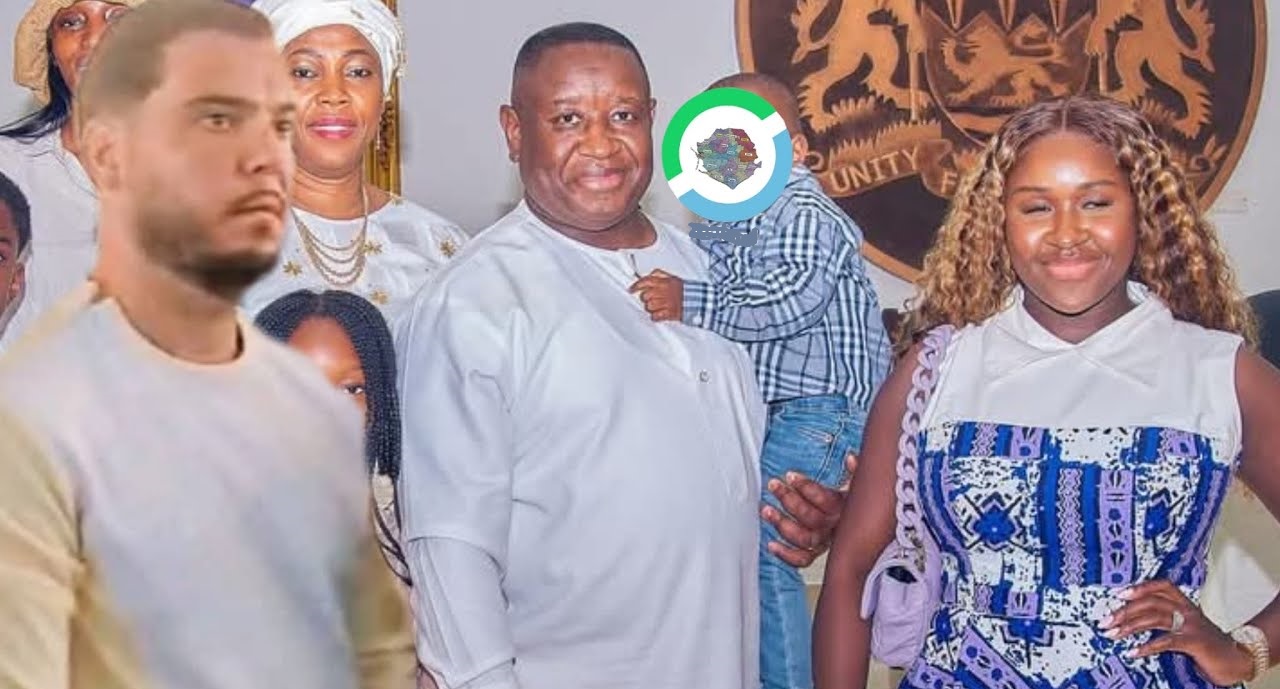Concerned citizens and international observers are increasingly critical of Sierra Leone President Julius Maada Bio’s conspicuous silence regarding the alleged presence of convicted European drug kingpin, Jos Leijdekkers, within the country’s borders.
The criticism intensifies following Ghana’s President John Mahama recent decisive action to swiftly address allegations of drug trafficking within his country.
President Mahama, in a bold demonstration of accountability swiftly responded to claims by Ghanaian MP Rev. John Ntim Fordjour about suspicious drug-linked flights at Kotoka International Airport. In a public statement, Mahama directed law enforcement agencies—including the Narcotics Control Commission (NACOC) and National Security—to investigate immediately, vowing “zero tolerance for drug trafficking.”
Sierra Leonean commentator Alpha Bah on X (formerly Twitter) lauded President Mahama’s “accountability, swift response, and a zero-tolerance stance on national threats” in the face of drug trafficking allegations in Ghana.
This proactive stance stands in sharp contrast to Sierra Leone’s perceived inaction. While Ghana recently intercepted a $350 million drug haul, Sierra Leone’s police have struggled—or refused—to locate Belle Jos, despite an international arrest warrant.
Bah’s post pointed a finger directly at President Bio and his administration, suggesting a worrying level of complicity within state institutions, including the police and security apparatus.
He lamented the “collapse in slow motion” of Sierra Leone, citing its dismal rankings on global indices and directly linking it to the unchecked drug trade. The opposition’s perceived weakness and silence further compound the sense of national crisis, according to Bah.
Dutch Justice Minister David van Weel recently confirmed discussions with Sierra Leone’s Justice Minister, Alpha Sesay, regarding the extradition of Jos Leijdekkers, a convicted European drug kingpin who has allegedly been residing in Sierra Leone. The Netherlands has officially requested Leijdekkers’ extradition due to his involvement in smuggling over seven tonnes of cocaine, making him one of Europe’s most-wanted criminals.
Despite mounting pressure, Sierra Leone’s government has been evasive. Inspector General of Police William Fayia Sellu claimed that the person identified was “Umar Sheriff,” not Leijdekkers, and insisted there were no formal entry records for him. However, Dutch authorities maintain strong indications that Leijdekkers is indeed in Sierra Leone. The country’s reluctance to take decisive action has fueled speculation of high-level protection for the fugitive.
Further controversy surrounds allegations that President Bio was aware of Leijdekkers’ presence and that the drug kingpin has ties to the president’s family, a claim that has sparked outrage among Sierra Leoneans demanding transparency and accountability.
The situation further took a concerning turn with the arrest of Dutch journalist Sophie van Leeuwen, who was reportedly investigating Leijdekkers’s alleged presence in Sierra Leone. This action has raised serious questions about press freedom and the government’s willingness to allow scrutiny of the matter.












https://www.telegraaf.nl/video/613135085/heel-zuur-dat-bolle-jos-lange-neus-naar-nederland-maakt-vanuit-sierra-leone…Sierra Leone tries to KEEP the MOST WANTED DANGEROUS Dutch DRUG BARON ” BOLLE JOS ” Jos Leijdekkers OUT OF THE NEWS by OFFERING BIG MONEY and / or THREATENING JOUNALISTS after refusal not to be found The Netherlands hopes for cooperation from the SL government for an extradition for 24 years in prison. Jos has nestled himself well by entering into a relationship with the DAUGHTER of PRESIDENT BIO and with bribes of high authorities to be able to CONTINUE his DRUG TRADE. Sierra Leone is a poor vulnerable country for bribery and therefore perfect as a transit country, using the poor vulnerable population who can therefore get into more serious crime and drug problems